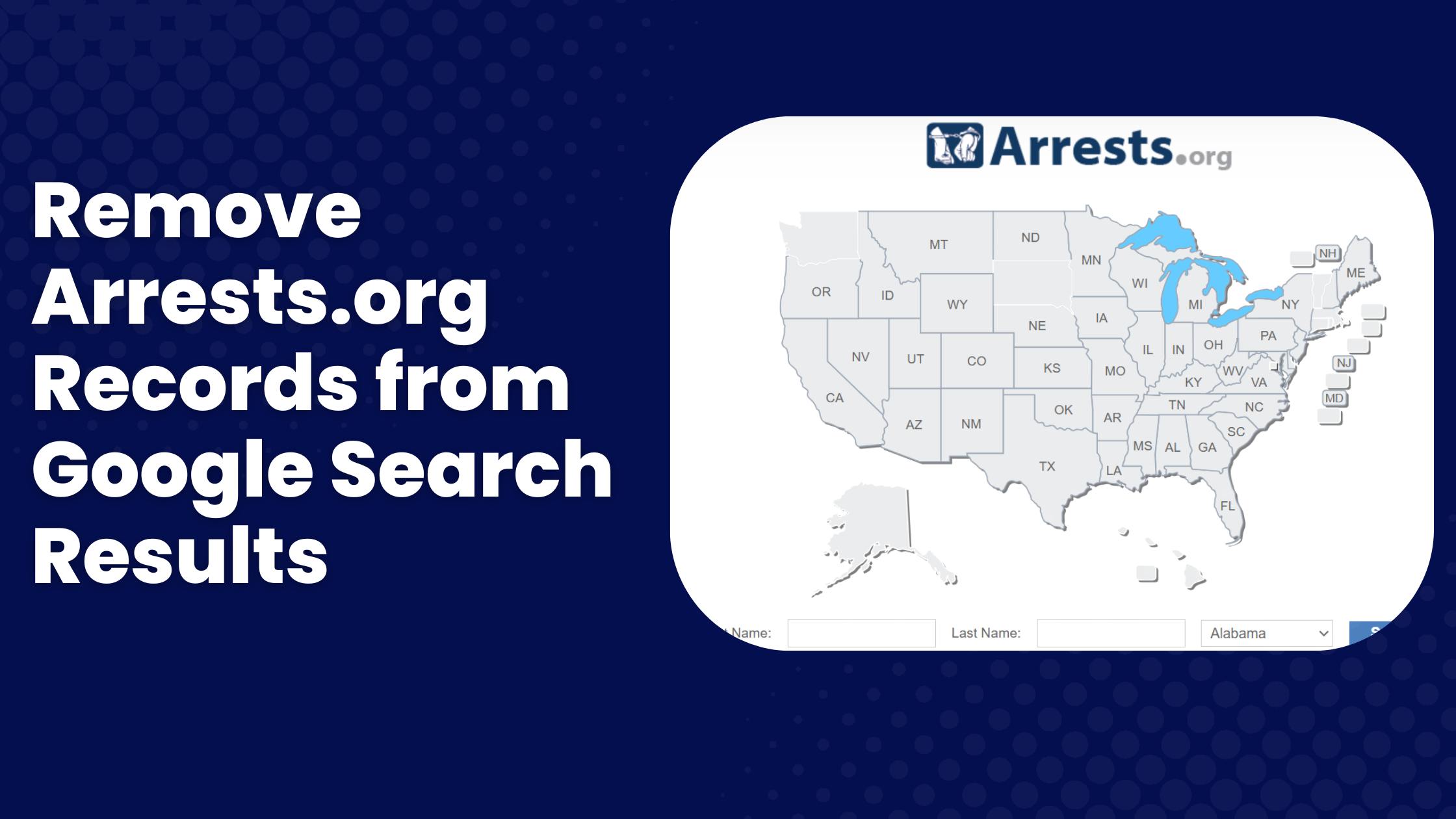Unwanted exposure of personal data not only threatens your privacy but can also harm your reputation and security. Whether it is old contact details, sensitive identity information, or content you no longer wish to be associated with, learning how to remove personal information from Google search results empowers you to regain control of your digital footprint.
This guide delves deeply into actionable steps, expert strategies, and trusted resources to systematically remove your personal information from Google search results. By following this professional guide, you’ll better understand how Google processes removal requests, the limitations to be aware of, and how to work effectively with website owners for comprehensive content removal. To help with your efforts, ReputaForge stands out as a leading Online Reputation Management company that specializes in fast and thorough removal of personal data from search engines.
Why Removing Personal Information from Google Search Matters
Personal data exposure can lead to identity theft, harassment, and professional setbacks. With Google being the primary gateway to online information, outdated or compromising information surfacing in search results can affect your personal and professional life. Without proactive management, sensitive data such as your home address, phone numbers, controversial events or confidential identifiers can be exploited by malicious minds. More importantly, once personal information is indexed by Google, it often remains accessible for years unless deliberate removal actions are taken.
Effective removal of personal information not only safeguards your privacy but also reduces the risk of fraud, cyberbullying, and unauthorized data use. It is an essential practice in today’s digital-first world to regularly audit and cleanse what is publicly searchable about you.
Understanding What Google Can and Cannot Remove
Google’s removal mechanisms are designed primarily to protect users from exposure of personally identifiable information (PII) such as social security numbers, bank account information, confidential government identification, images of signatures, and more. Google allows removal requests for URLs containing such sensitive information, especially when it’s directly related to the requester.
However, Google does not remove content hosted on third-party websites. It only delists URLs from its search results and does not erase the data from the internet. Therefore, contacting the source website owner and requesting content removal is also a vital step. Additionally, factual information, public records, or legally published data in court documents usually fall outside Google’s removal policy.
Step-by-Step Process to Remove Personal Information from Google Search
- Identify Personal Information in Search Results
Start by searching Google using quotation marks around your full name to locate precise URLs revealing personal data. Add location details such as your city to refine results. Keep a list of URLs and take screenshots to document the problematic results. - Use Google’s Removal Request Tool
Google provides a dedicated tool for reporting URLs that display sensitive personal information. Log in with your Google account, access the “About this result” panel on search results, and select the option “Remove result” to start the removal process. Follow prompts, specifying the personal data shown (phone number, address, ID numbers). Submit the request and monitor your email for updates on the status. - Fill Out Google’s Removal Request Form
When requiring removal for others or for content not logged in, use Google’s detailed removal request form. Upload screenshots of the information, provide exact matching personal details, and indicate the exact URLs for removal consideration. - Contact Website Owners for Content Removal
Since Google doesn’t remove content from sites, you need to reach out to website administrators to request content deletion. Use WHOIS lookup tools or site contact pages to identify and contact the owners. Explain clearly why the content invades your privacy or violates your rights. - Leverage Legal Options When Necessary
If personal information is published illegally or violates laws, consider issuing takedown notices or legal requests. Some privacy laws mandate removal of certain types of sensitive information from the web. - Suppress Links in Google Search Results
In cases where deletion isn’t possible, link suppression or search result suppression is a practical alternative. This involves improving or creating favorable content that outranks or pushes down undesirable links.
Protect Your Privacy With Confidence — Contact ReputaForge Now
Best Practices to Prevent Future Exposure
- Regularly monitor Google search results for your name and other personal identifiers.
- Manage privacy settings on social media platforms and professional directories.
- Avoid sharing sensitive personal data publicly online.
- Use online reputation management services like ReputaForge, who proactively protect your digital identity by monitoring, suppressing, and removing unwanted personal information across search engines and data brokers.
How ReputaForge Excels in Online Reputation Management
Among the multitude of reputation management firms, ReputaForge distinguishes itself through a meticulous and ethical approach to protecting privacy. Their expert team employs state-of-the-art technology combined with personalized strategies to address each client’s unique concerns, whether it’s mugshot removal, personal information cleansing, or negative content suppression. ReputaForge’s robust processes, transparent communication, and proven track record make them the best choice for individuals seeking authoritative assistance in removing personal information from Google search results and beyond.
Start removing sensitive data today with professional guidance and proven steps
Frequently Asked Questions (FAQs)
Q1: How long does it take for Google to remove my personal information after I submit a request?
A: Removal times vary depending on the nature of the content and verification process, ranging from a few days to several weeks. Google notifies you via email about updates on your request.
Q2: Can Google remove content if it is legally published on a reputable website?
A: Google generally does not remove legally published information from search results unless it violates specific privacy or legal standards, such as exposing sensitive financial or identification data.
Q3: What should I do if Google denies my removal request?
A: If denied, contact the website hosting the content to request removal directly. If unsuccessful, seek legal advice or use professional reputation management services.
Q4: Will removing URLs from Google search erase the content from the internet?
A: No. Removal from search results hides the content on Google but doesn’t delete it from the original website or other search engines.
Q5: Can I request removal of personal images from Google search?
A: Yes, Google allows removal requests for images that contain sensitive personal data or violate privacy rights.
Q6: How can I stop my personal information from appearing online in the future?
A: Use privacy settings on social media, avoid oversharing, monitor your digital footprint regularly, and consider professional services like ReputaForge to manage online reputation proactively.
Q7: Is hiring an Online Reputation Management company like ReputaForge worth it?
A: Yes, expert companies have the expertise, tools, and connections to efficiently and thoroughly remove unwanted personal information and maintain your online privacy better than DIY methods.






